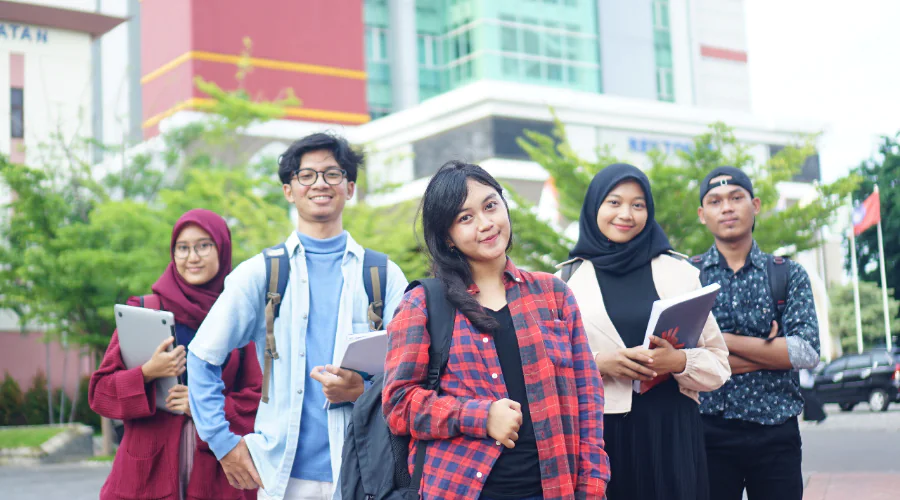
- 23 Jun
- 2023
Foto mahasiswa UM Surabaya (Humas)
These 8 Cities Will Be Locations for KKN UM Surabaya, There are Papua and Bangka Belitung
The Institute for Research and Community Service (LPPM) held an online socialization of Real Work Lectures at the At-Tauhid Tower Building on Friday (23/6/23)
With the theme of the Innovation Expedition (One Village One Innovation) Service, Evidence, Gemati, the 2023 UM Surabaya KKN will be carried out at several points including: Bangka Belitung Islands, Papua, Kuala Lumpur Malasya, Tuban, Lamongan, Pamekasan, Gresik and Surabaya.
Head of LPPM UM Surabaya Dede Nasrullah said that this year there were eight types of KKN that UM Surabaya students could choose from. Among them are the Muhammadiyah Aisyiah KKN throughout Indonesia which will be carried out in the Bangka Belitung Islands, the Empowered KKN will be held in four districts (Tuban, Lamongan, Pamekasan and Gresik). The National Partnership KKN will be conducted in Kuala Lumpur, Malasya. KKN 3T was conducted in Raja Ampat, West Papua. PCR KKN in Surabaya. KKN Learning Express in collaboration with Singapore Polytechnic in Paciran District and Thematic KKN in Surabaya and Tuban.
"Of course all of the KKN have different policies," said Dede.
Dede said that there were six focus areas including: Al-Islam and Kemuhamamdiyahan, health, economy, environment, education and digitalization.
"After conducting research, this year's KKN will focus on several issues such as stunting, tourist villages and preservation of local culture, empowering coastal communities, empowering the economy of farming communities, developing technological innovations, educational innovations, empowering Muhammadiyah Branches and Branches (PCM/PRM), added Dede.
According to him, this predetermined scope is the result of research on collecting data and information carried out by the team during the observation at the KKN location.
"That way, it is hoped that each program will be more focused, directed and more impactful," he said.
He also hopes that students who work directly in the community will be able to implement their knowledge and create appropriate technological innovations that can be applied in society.
"Hopefully the involvement of students will be a strategic step to solve problems thoroughly which is carried out with the community by playing the community as an important actor to solve a problem and realize sustainable development," he concluded.




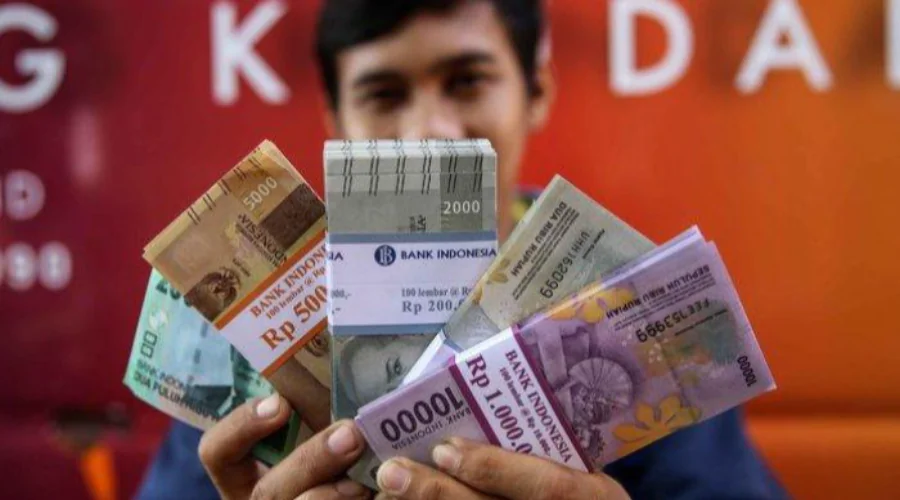
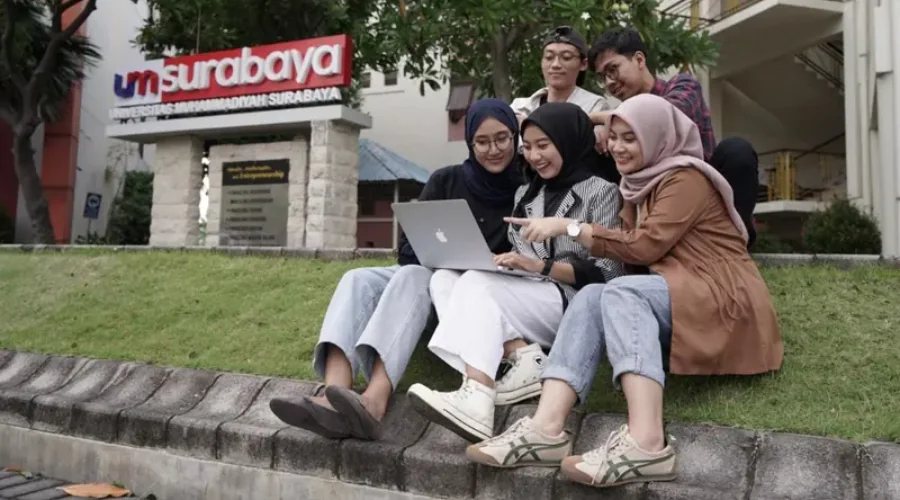
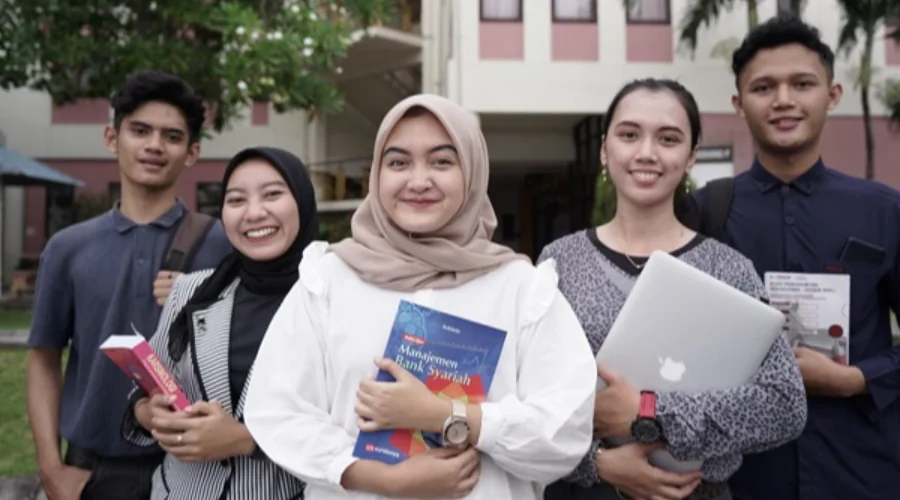
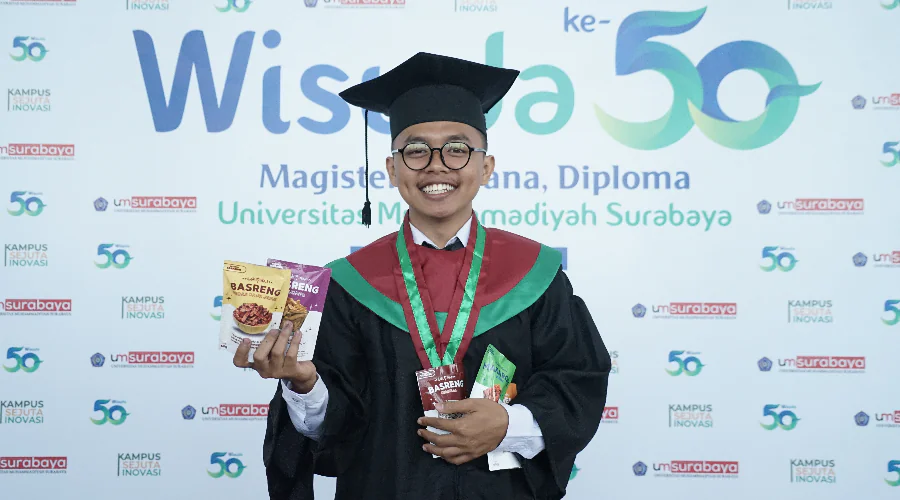
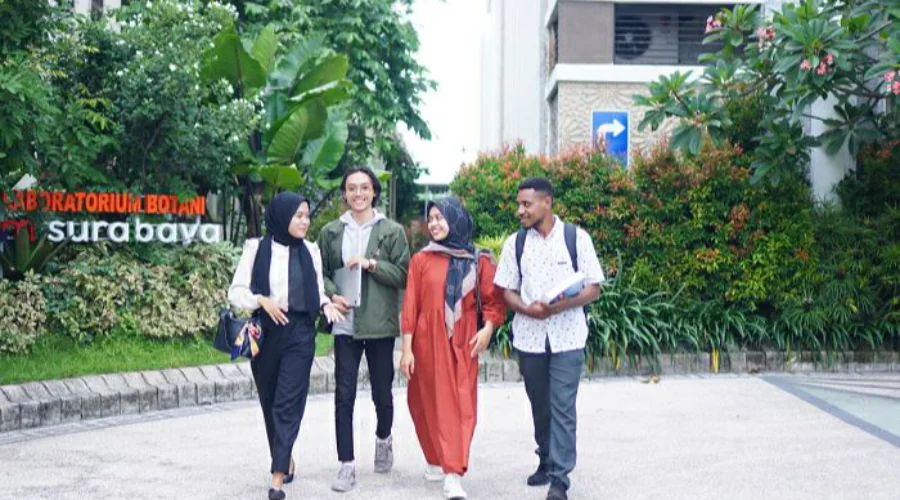
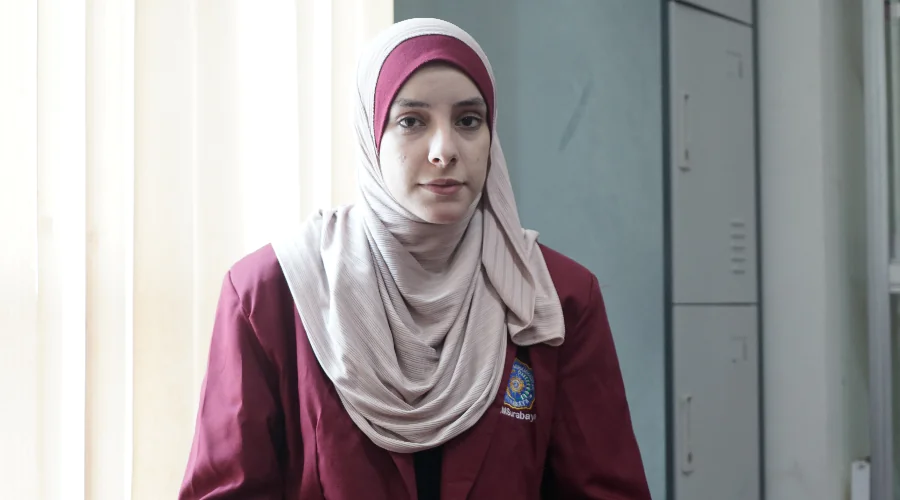
(0) Comments